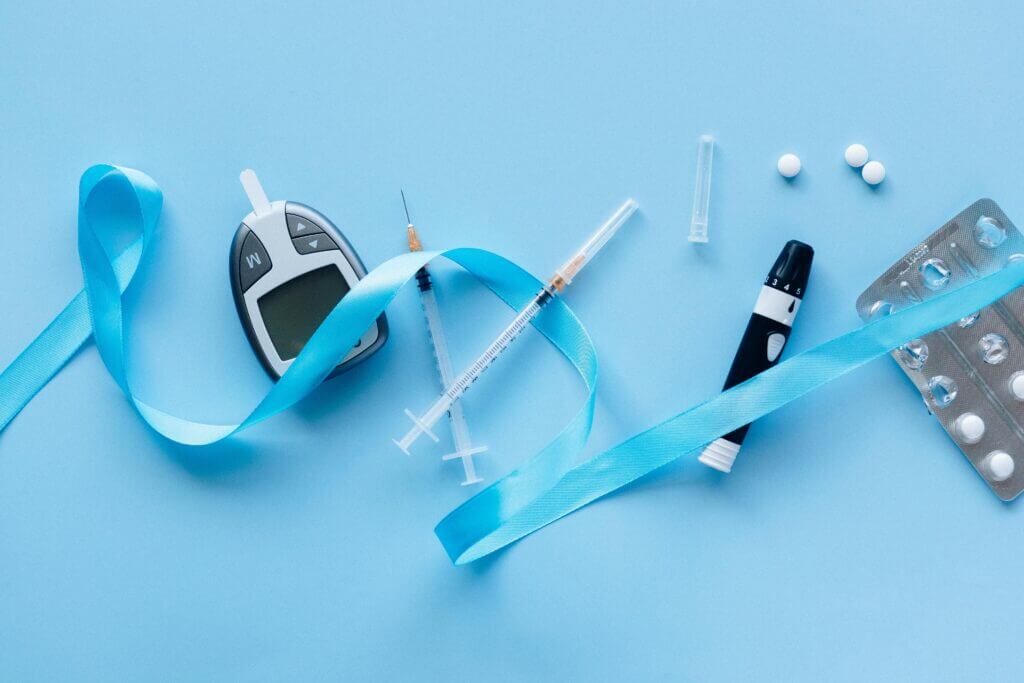Diabetes is a growing concern worldwide, affecting millions of people every year. While modern medicine continues to advance in its management, exploring natural remedies to prevent diabetes offers an additional way to support healthy blood sugar levels and overall well-being. Herbs and nutrient-rich foods, with their powerful natural compounds, can play an important role in keeping blood sugar steady and helping to prevent complications.
In this article, I’ll walk you through some of the best herbs, spices, and natural remedies I’ve come across for preventing and managing diabetes. These aren’t just effective—they’re also easy to work into your daily life. Let me share a list of ten fantastic herbs, their benefits, and simple ways to start using them. These natural helpers might just become your new favourites!
1. Cinnamon
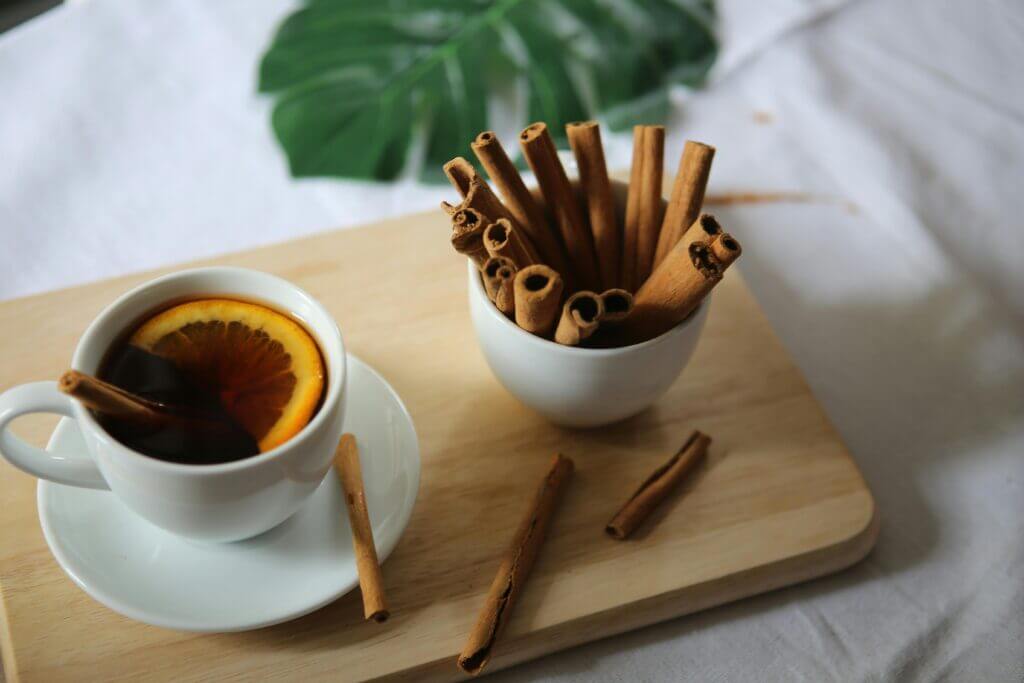
Cinnamon is one of my favourite natural ways to help keep blood sugar levels steady. Its active ingredient, cinnamaldehyde, helps the body regulate glucose better and makes cells more responsive to insulin. Studies show cinnamon can lower blood sugar levels after meals and even improve fasting levels, which makes it a great spice for managing diabetes.
What’s more, cinnamon slows the breakdown of carbs, which means sugar enters your bloodstream more gradually. Some of its compounds can even mimic insulin and help your cells absorb sugar, though not as strongly as insulin itself.
Cinnamon is also packed with antioxidants that help reduce inflammation and protect against damage caused by insulin resistance, supporting your overall health.
For regular use, I recommend Ceylon cinnamon (sometimes called “true cinnamon”) instead of Cassia cinnamon. Ceylon has much less coumarin, a compound that can harm your liver if consumed in high amounts. Sprinkle it on your oatmeal, stir it into coffee, or add it to smoothies and curries.
While cinnamon is safe in small amounts, too much—especially Cassia cinnamon—can cause problems like liver issues or allergic reactions. Stick to moderate amounts, and if you’re on medication, check with your doctor first.
2. Fenugreek
Fenugreek has been a staple in traditional medicine for centuries, and it’s easy to see why. Its high fibre content slows how your body absorbs carbs, helping to prevent blood sugar spikes. It also contains a compound called 4-hydroxyisoleucine, which boosts insulin production and helps manage glucose levels.
Studies show that people with diabetes who ate fenugreek seeds daily saw improvements in their fasting blood sugar and HbA1c levels. Adding fenugreek to meals can also reduce blood sugar spikes after eating.
Including fenugreek in your diet is simple. Soak the seeds overnight in water and drink the infused water, or grind the seeds into soups, curries, or bread dough for a nutty flavour. Supplements are another option, but it’s a good idea to check with your doctor before starting them.
Fenugreek is generally safe, but eating too much can cause bloating or gas. It can also amplify the effects of diabetes medications, leading to low blood sugar. Pregnant women should avoid large doses, as it might trigger contractions.
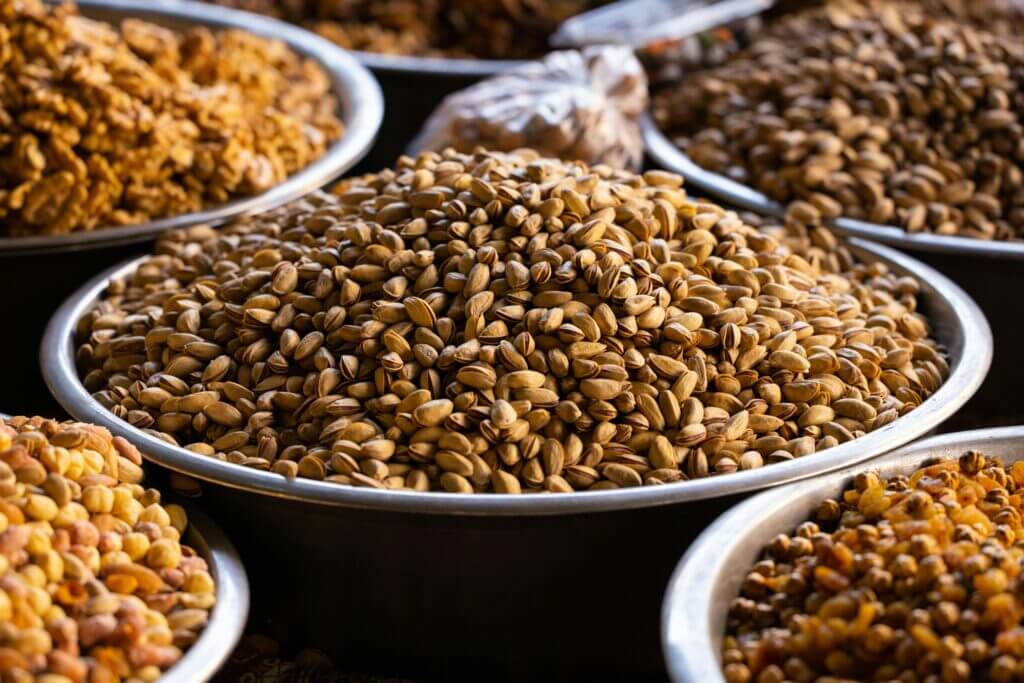
3. Turmeric
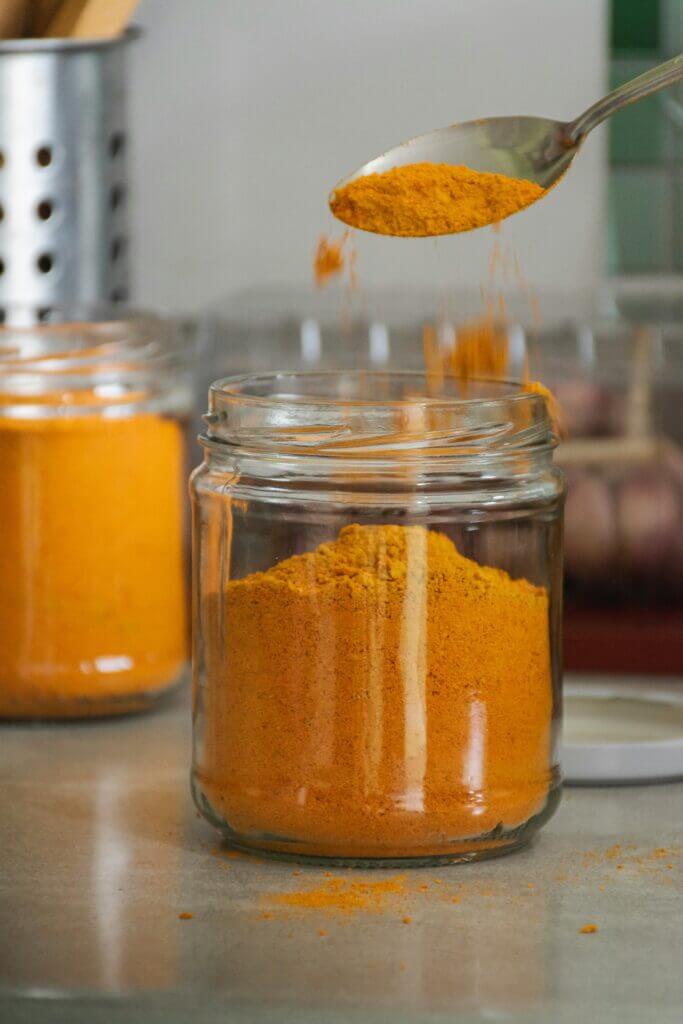
Turmeric is an excellent choice for people managing diabetes. Its active ingredient, curcumin, fights inflammation—a major factor in insulin resistance—and protects your cells from damage caused by high blood sugar.
Research shows that turmeric can lower fasting blood sugar and HbA1c levels, which measure long-term blood sugar control. It may even protect pancreatic cells, which produce insulin, and reduce complications like nerve and heart damage.
Adding turmeric to your diet is easy. I love using it in curries, soups, or smoothies. Golden milk—a warm drink made with turmeric, milk, black pepper, and honey—is another delicious way to enjoy it. If you prefer supplements, look for ones with piperine (from black pepper) to help your body absorb curcumin more effectively.
While turmeric is safe in small amounts, taking too much can upset your stomach or interact with medications like blood thinners or diabetes drugs. Always check with your doctor if you’re unsure.
4. Bitter Melon
Bitter melon, often called “nature’s insulin,” is an amazing natural remedy for managing blood sugar. It’s packed with compounds like charantin and polypeptide-p, which work like insulin to help cells absorb sugar and improve how your body uses glucose. Bitter melon also slows the digestion of carbs and reduces sugar production in the liver, which helps prevent spikes in blood sugar after meals.
Studies show that bitter melon can lower fasting blood sugar and improve HbA1c levels, making it a great choice for managing diabetes. Plus, it’s rich in antioxidants that reduce inflammation and protect your body from damage caused by high blood sugar.
Incorporating bitter melon into your meals is easy. You can stir-fry it, add it to curries, or enjoy it as juice or tea. Supplements are another option if you prefer a more concentrated dose. Just be careful not to overdo it, as having too much might upset your stomach or lower your blood sugar excessively, especially if you’re on diabetes medications. If you’re pregnant, it’s best to avoid bitter melon altogether since it can cause uterine contractions.
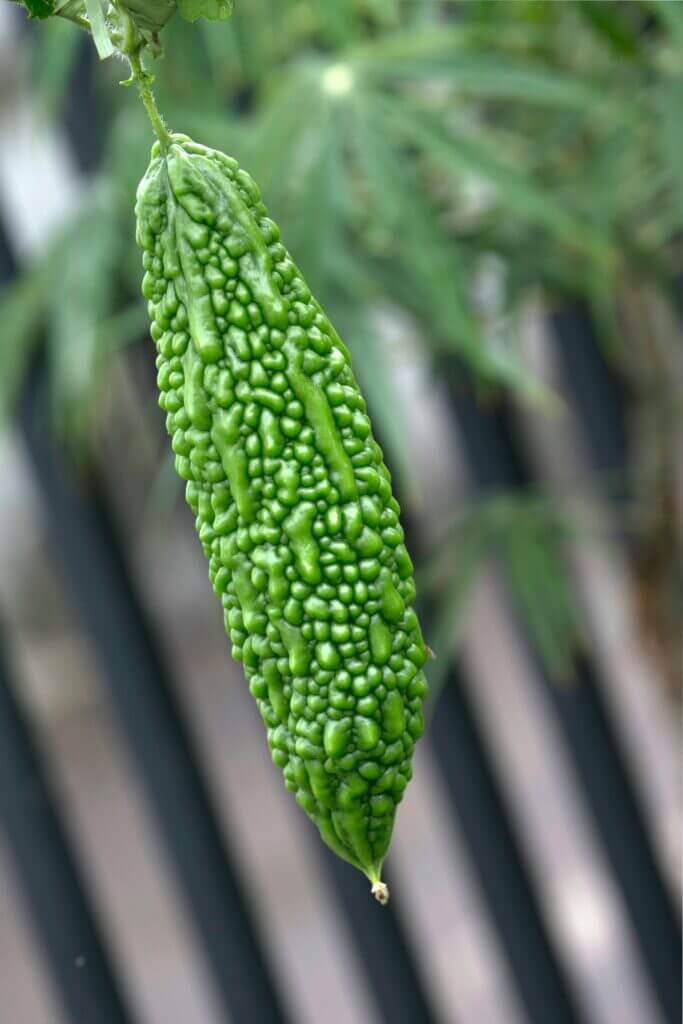
5. Garlic
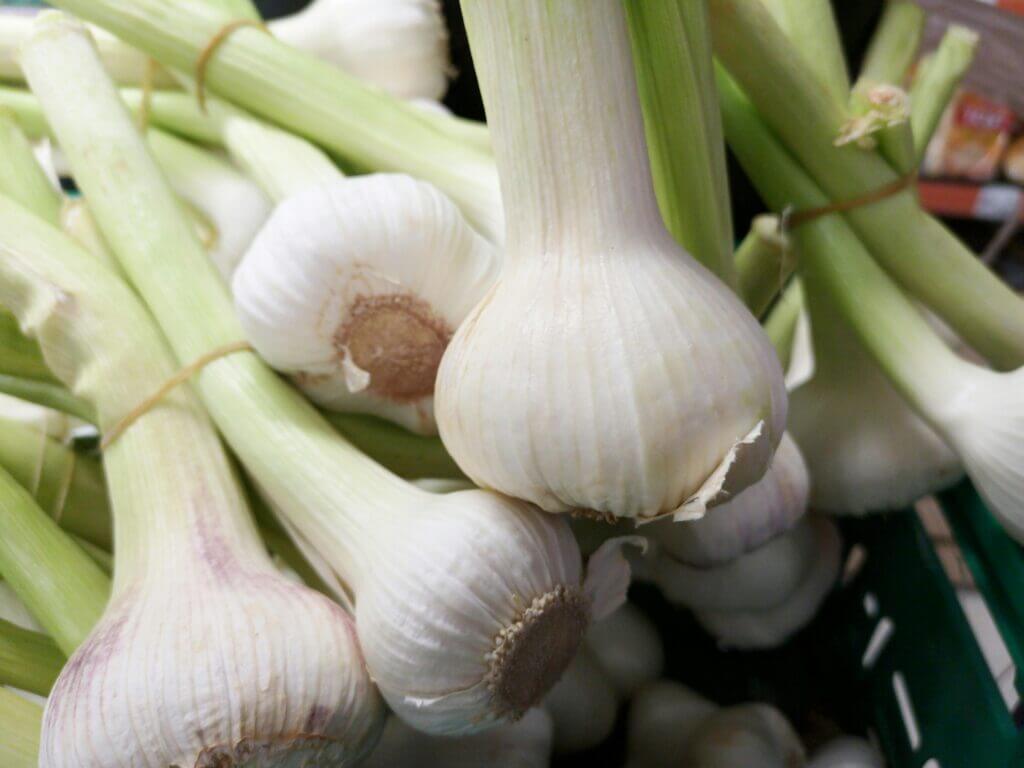
Garlic is not only a kitchen staple but also a natural remedy for managing blood sugar and supporting heart health. Its star compound, allicin, is released when garlic is chopped or crushed. Allicin helps improve insulin sensitivity, making it easier for your cells to absorb glucose. It also reduces inflammation and oxidative stress, two factors linked to insulin resistance and diabetes complications. Garlic even plays a role in regulating enzymes involved in carbohydrate metabolism, which helps stabilise blood sugar after meals.
Studies back garlic’s role in diabetes management. Research has shown that garlic can lower blood sugar and improve HbA1c levels, which track long-term glucose control. It’s also effective in improving cholesterol and blood pressure, common concerns for people with diabetes.
Garlic offers additional perks for heart health. It can help lower LDL cholesterol and triglycerides while increasing HDL cholesterol, reducing the risk of heart disease.
While garlic is generally safe, eating large amounts or taking supplements can sometimes cause side effects like stomach discomfort. It can also thin the blood, so people on anticoagulants should be cautious. If you’re taking diabetes medications, consult your doctor to ensure garlic fits into your care plan.
6. Ginger
Ginger has been valued for centuries for its medicinal properties, and its ability to support blood sugar control is now widely recognised. Its key compounds, like gingerol and shogaol, have anti-inflammatory and antioxidant effects, helping to improve insulin sensitivity and protect against diabetes-related complications. Ginger also slows down enzymes that digest carbohydrates, leading to steadier blood sugar levels after meals.
Ginger’s benefits go beyond blood sugar. It helps protect pancreatic beta cells, which are important for insulin production. Research shows that ginger can lower fasting blood sugar and HbA1c levels while also improving cholesterol profiles. These properties make it a great choice for supporting overall metabolic health.
Ginger is safe for most people, but having too much might cause bloating or mild discomfort. It can also interact with blood thinners or diabetes medications, so moderation is key.
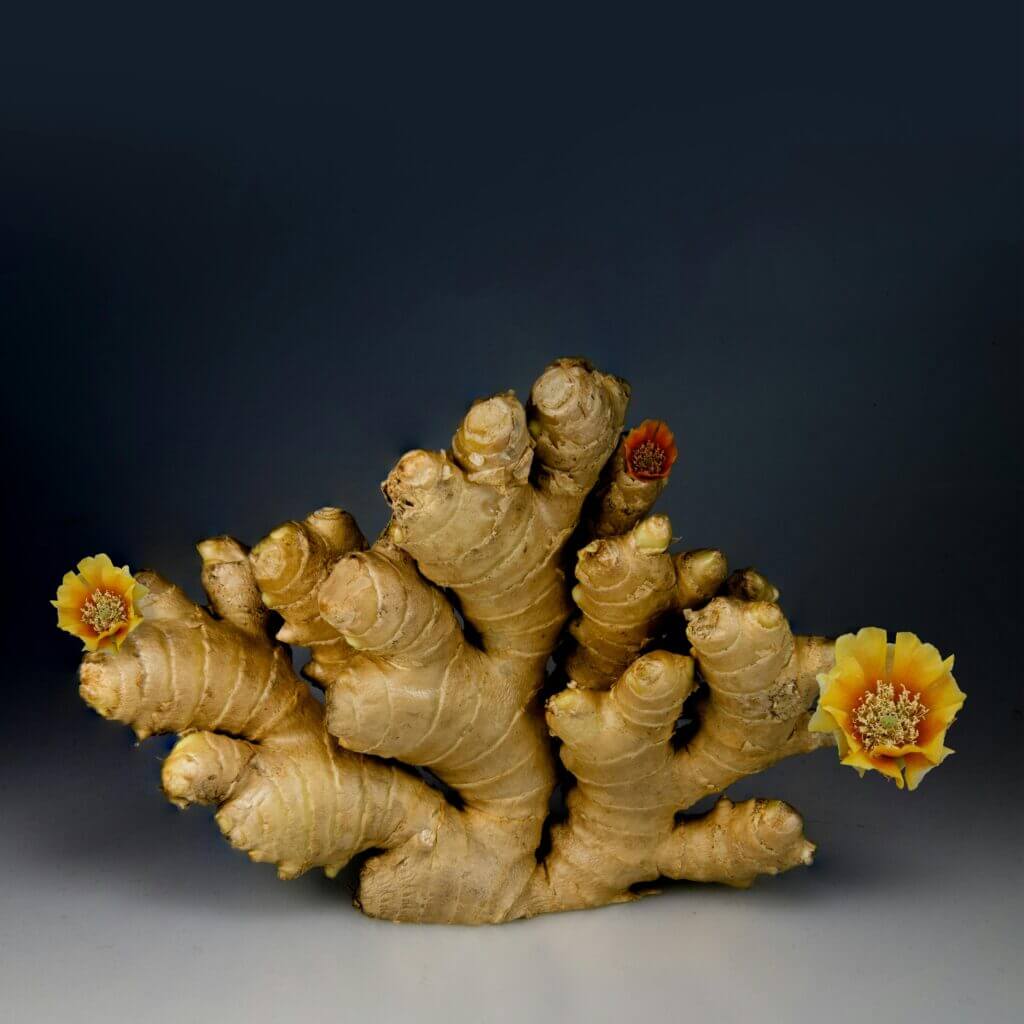
7. Bay Leaves

Bay leaves can help with blood sugar too. Packed with antioxidants and compounds like eugenol and flavonoids, bay leaves improve how insulin works and help protect pancreatic cells from damage caused by oxidative stress.
A study found that just 1–3 grams of powdered bay leaves a day can lower fasting blood sugar and HbA1c levels. On top of that, bay leaves may improve cholesterol levels by lowering LDL (bad cholesterol) and raising HDL (good cholesterol), making them good for heart health too.
You can easily add dried bay leaves to soups, stews, or curries. For a twist, try bay leaf tea by simmering a few leaves in water for 10–15 minutes. Powdered bay leaves work well in spice rubs or marinades. If you’re considering supplements, check with a doctor first.
Bay leaves are safe for cooking but avoid eating whole leaves—they can be sharp and cause choking. If you’re pregnant or breastfeeding, talk to your healthcare provider before using bay leaves in large amounts.
8. Gymnema Sylvestre
Gymnema Sylvestre, known as the “sugar destroyer,” has been used in Ayurvedic medicine for centuries. Its active compounds, gymnemic acids, can temporarily block your ability to taste sweetness, which might help curb sugar cravings.
Gymnema also slows glucose absorption in the intestines, helps the body produce more insulin, and may even support the regeneration of pancreatic cells. Studies show that Gymnema can lower fasting blood sugar and HbA1c levels and may even reduce reliance on some diabetes medications.
Gymnema is available in teas, powders, or capsules, so you can choose what works best for you. While chewing fresh leaves is traditional, their bitterness might not appeal to everyone. Supplements are a convenient alternative.
Gymnema is generally safe, but it can lower blood sugar too much if combined with diabetes medications, which could leave you feeling shaky or light-headed. If you’re pregnant or breastfeeding, it’s best to avoid it.
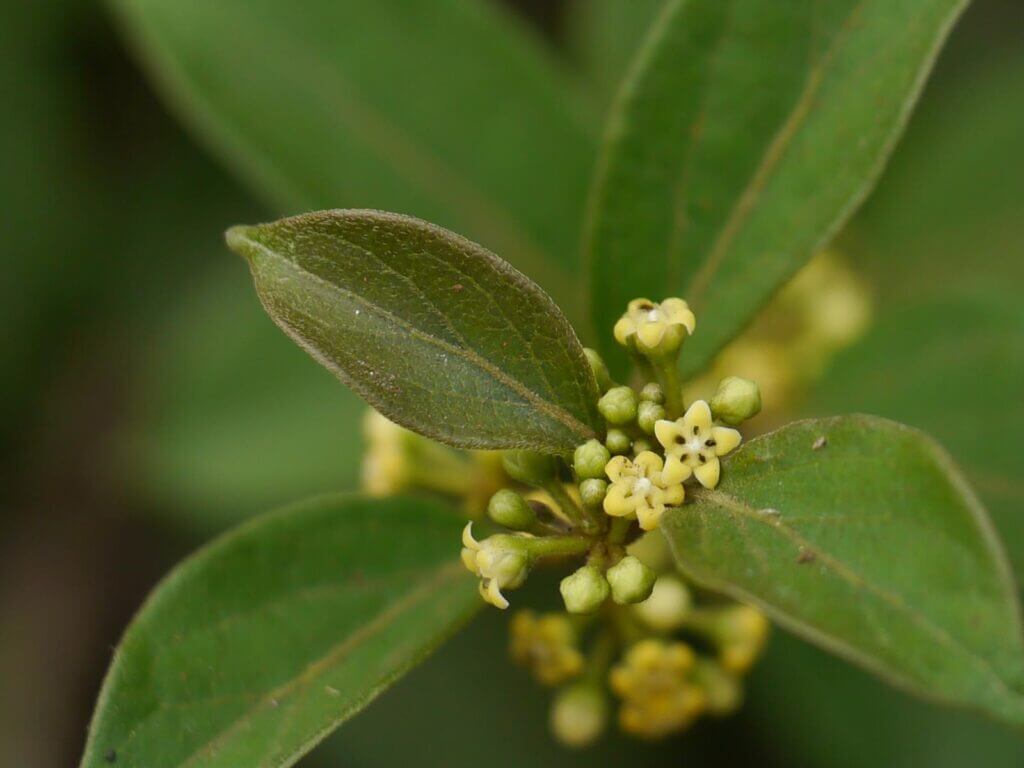
9. Berberine
Berberine is a natural compound found in plants like barberry that has become a popular choice for managing blood sugar. It activates an enzyme called AMPK, which helps your body use insulin better, absorb glucose more efficiently, and reduce sugar production in the liver.
This makes it a great choice for people looking to keep blood sugar levels under control. In fact, research shows that berberine can lower fasting blood sugar and HbA1c levels, with results similar to some medications like metformin.
Berberine also reduces inflammation and protects cells from damage, which helps prevent complications linked to diabetes. Plus, it supports heart health by improving cholesterol levels, lowering the bad cholesterol and triglycerides, and raising the good cholesterol.
One tricky thing about berberine is that it’s not absorbed very well in the body. To make it more effective, it’s often combined with black pepper (piperine) or taken in smaller doses throughout the day.
Berberine is safe for most people, but taking too much can cause upset stomach, diarrhoea, or cramps. It can also interact with medications like blood sugar drugs or blood thinners, so it’s a good idea to check with your doctor before trying it.
10. Silymarin (Milk Thistle)
Silymarin, found in milk thistle, is well-known for its ability to protect the liver, but it’s also great for managing blood sugar. It has strong antioxidant and anti-inflammatory properties that help reduce oxidative stress and improve how your body handles glucose.
A study has shown that silymarin can lower fasting blood sugar and HbA1c levels. In one study, people with Type 2 diabetes who took silymarin three times a day for 45 days also saw improvements in their cholesterol levels, with lower LDL and triglycerides and higher HDL. This means silymarin doesn’t just help with blood sugar—it supports heart health too.
Adding silymarin to your routine is easy since it’s available as a supplement. While it’s usually well-tolerated, some people might experience mild side effects like nausea, bloating, or diarrhoea. If you’re allergic to plants like daisies or ragweed, it’s a good idea to be cautious.
Since silymarin can lower blood sugar, it’s important to monitor your levels closely, especially if you’re on diabetes medications. Always check with your doctor before starting any new supplement to make sure it’s safe for you.
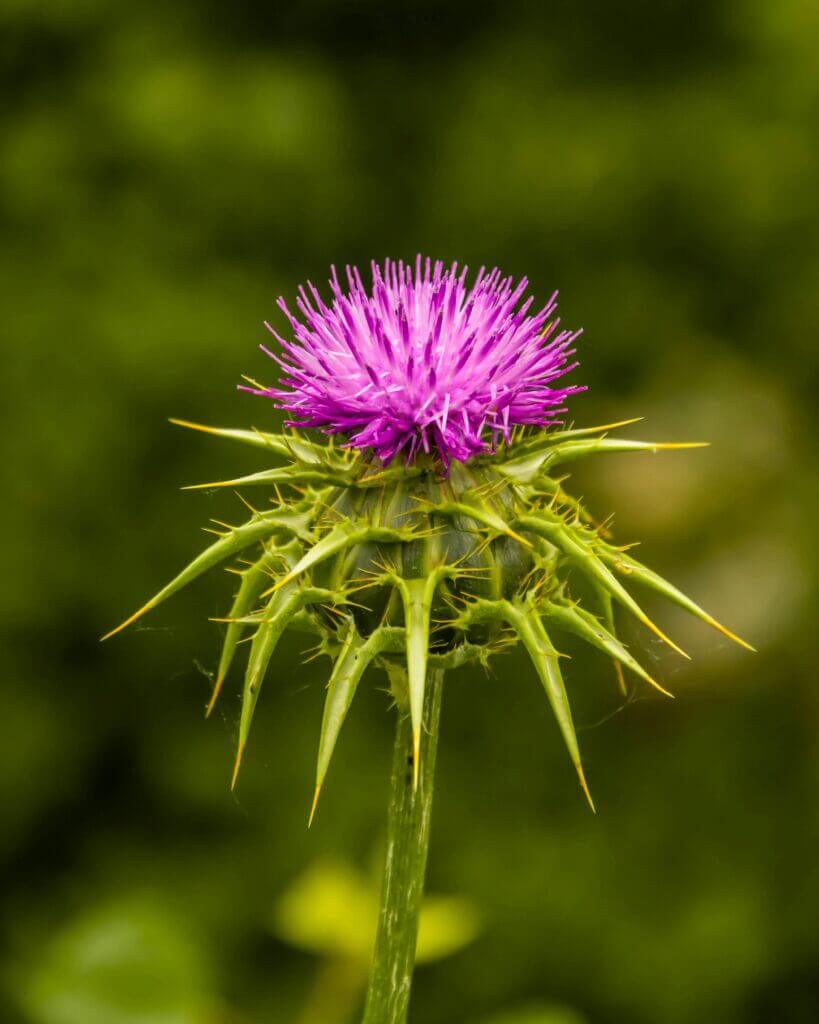
Final Thoughts
Managing or preventing diabetes doesn’t have to feel overwhelming. Adding these herbs and foods to your daily life is an easy and natural way to support your health. Of course, it’s always a good idea to talk to your doctor first, especially if you’re on medication. Some herbs, like fenugreek or bitter melon, can work so well that they might lower your blood sugar too much without proper guidance.
I’ve found that small, consistent changes make the biggest difference—like sprinkling cinnamon on your breakfast or sipping ginger tea in the afternoon. It’s not just about managing diabetes; it’s about taking care of yourself in a way that feels simple and doable.
The Nature’s Magic Hub will help you discover the power of herbs to improve your health naturally. Explore my website for more tips, remedies, and recipes.
If you enjoyed this article, feel free to share it with your friends and family to spread the knowledge!
Don’t forget to follow us on social media for more tips, updates, and insights into natural remedies and holistic wellness.
Join our community and stay connected to discover the magic of nature for a healthier, happier life!

